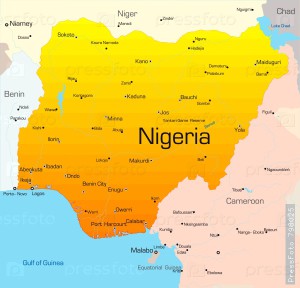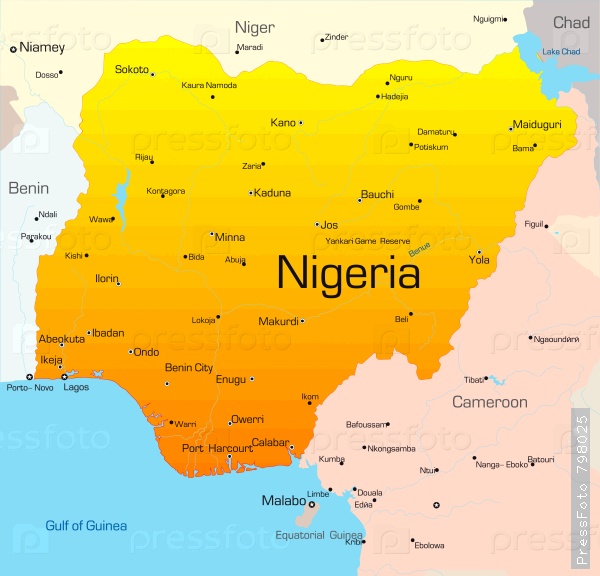Modern tren ds in the education market came up with a bang and actualized the issue of opening of universities and their ability to meet the challenges of the integration of the educational sphere to expand the boundaries of their presence and maintain a consistently high level of competitiveness.
ds in the education market came up with a bang and actualized the issue of opening of universities and their ability to meet the challenges of the integration of the educational sphere to expand the boundaries of their presence and maintain a consistently high level of competitiveness.
NTUU “KPI” is a recognized leader of technical education in Ukraine, a powerful innovative research consortium, a reputable member of the international scientific and educational projects. One of the secrets of his success is laid in a unique synergy of tradition with modernity, when the oldest European institution with a culture of fundamental preparation of specialists on a par with the “young” is involved in innovation and technological race to ensure the current level of higher education and knowledge. As a result, “KPI” is a well-known brand far beyond Ukraine, which is able to ensure the success of any foreign operation.
Strategically important market of higher education and a promising partner today Nigeria could be. In 2014 it became the country with the largest economy in Africa, overtaking South Africa in terms of GDP. Significant potential is in oil and gas, manufacturing and mining, which provides a significant portion of government revenues.
The competitiveness of the industrial sector depends on the qualifications and knowledge of experts who work for the good of the country. Then Nigerian government understands the importance of investing in human capital. President Muhammadu Buhari takes the issue of increasing funding of universities in the category of priorities, despite the fact that African countries allocate the largest share of public funding for education – 18.4%. Interestingly, the rate of return on investment in higher education in Africa is the highest in the world – 21%.To improve the financial condition of the university there are public-private partnerships, foreign investments and support (China, USA)
In General the monitoring of the higher education market in the African region shows a significant excess of demand over supply as many national universities cannot meet it. As a result the African applicants are forced to sell their educational needs abroad. It promotes the outflow of potential students abroad and problems with the quality of national higher education and its incompatibility with the modern demands of the labor market and global economic requirements. The report “Public education in Africa” confirms an acute shortage of highly qualified personnel. According to it, only 6% of young people in sub-Saharan Africa studying in higher education, compared with a global average of 26%.
Ukrainian universities have already been opened for Nigeria for a long time. According to the Ukrainian State Centre of Higher Education Nigeria takes the 4th place in the list of top 10 countries supplying students for national universities. In Ukraine there are 63 172 foreign students enrolled, among which the representatives of Nigeria make a number of 3213 people. The second largest African country in the list is Morocco (2320 students). Still this is not the limit.
Solution to the problems of Nigeria, as well as the whole African education in general may be the development of the internationalization of the sector, by including African universities to international cooperation, the expansion of the presence of foreign universities can ensure the quality and relevance of knowledge and skills, while paying them to serve the national interests and goals sustainable development of the region.

